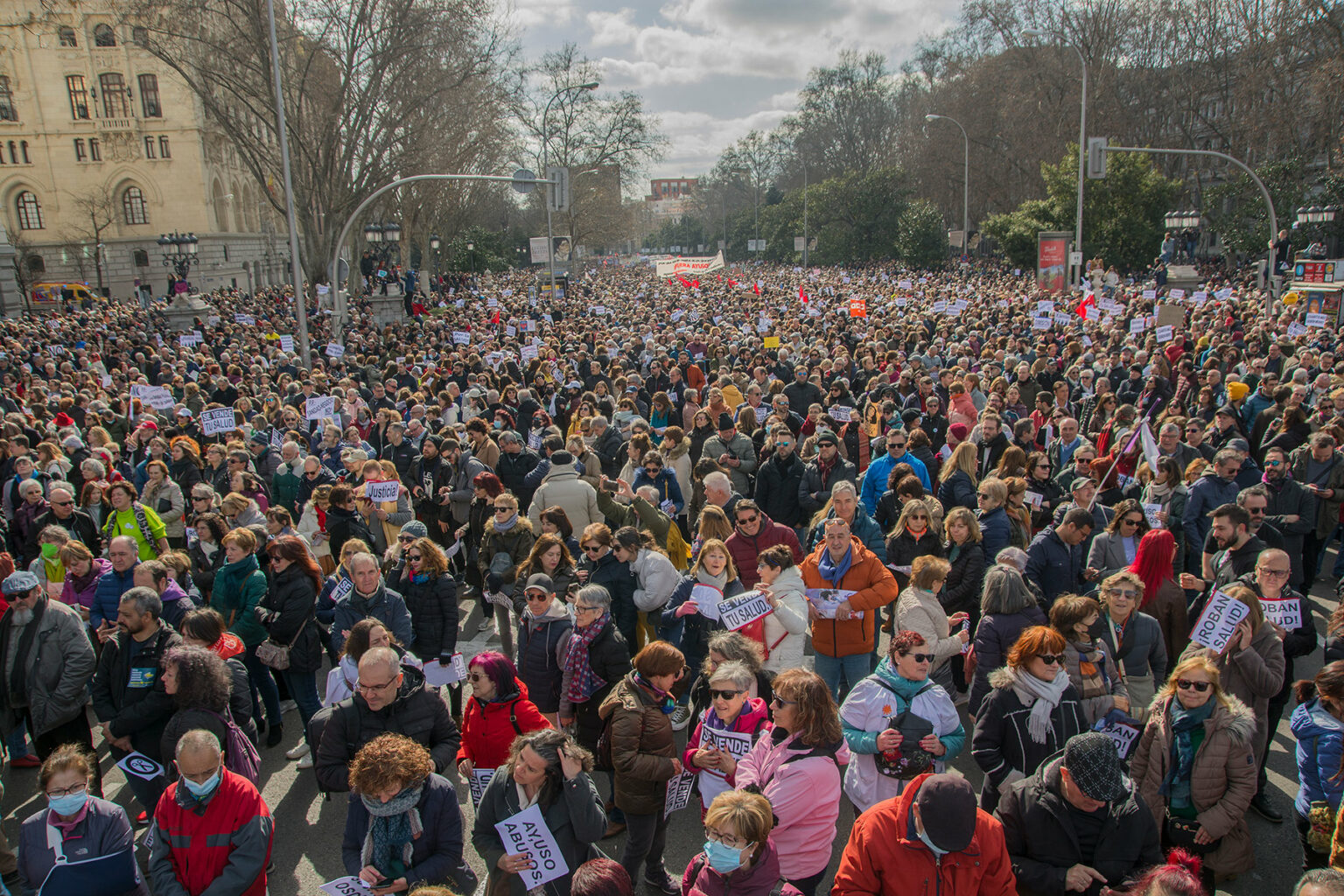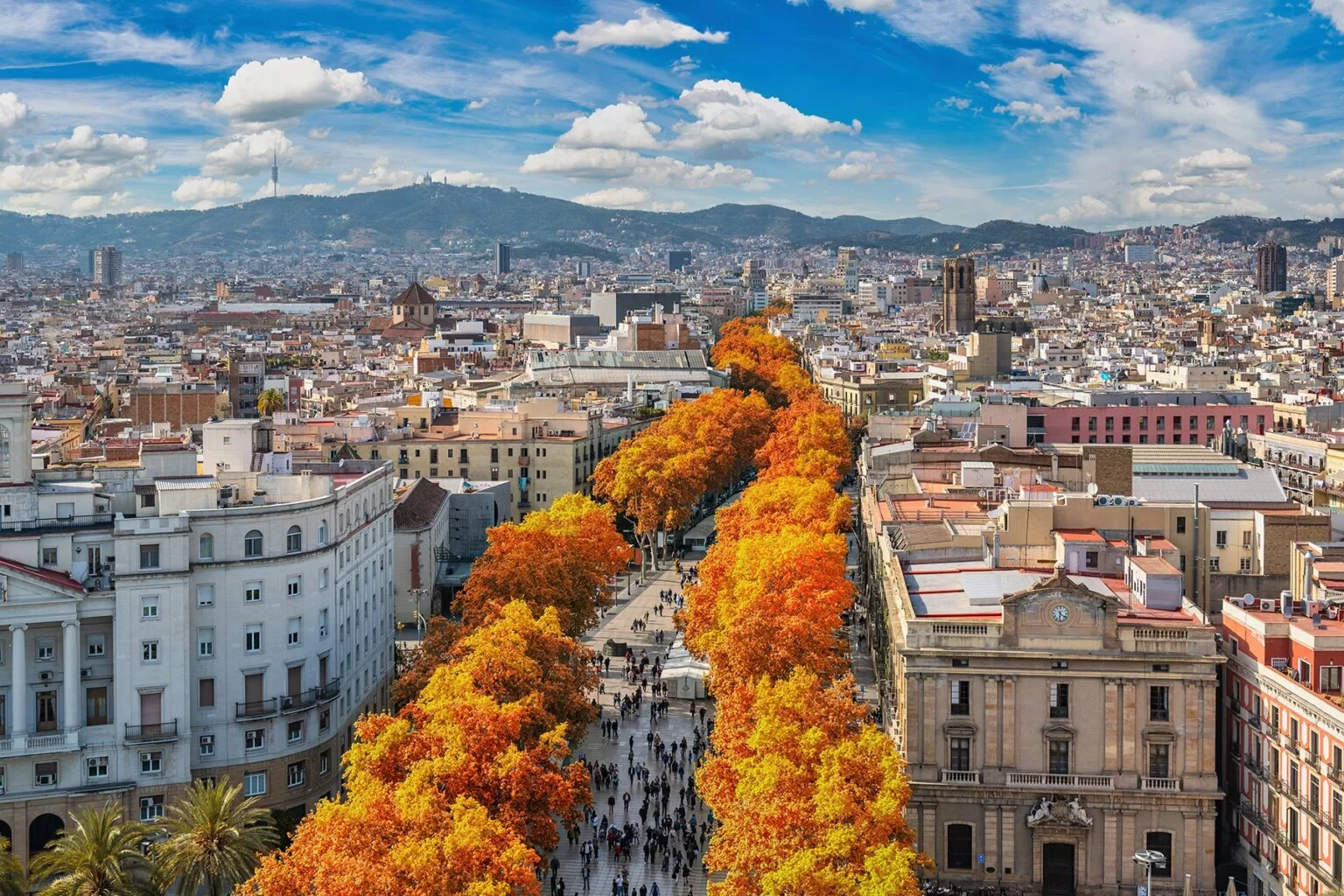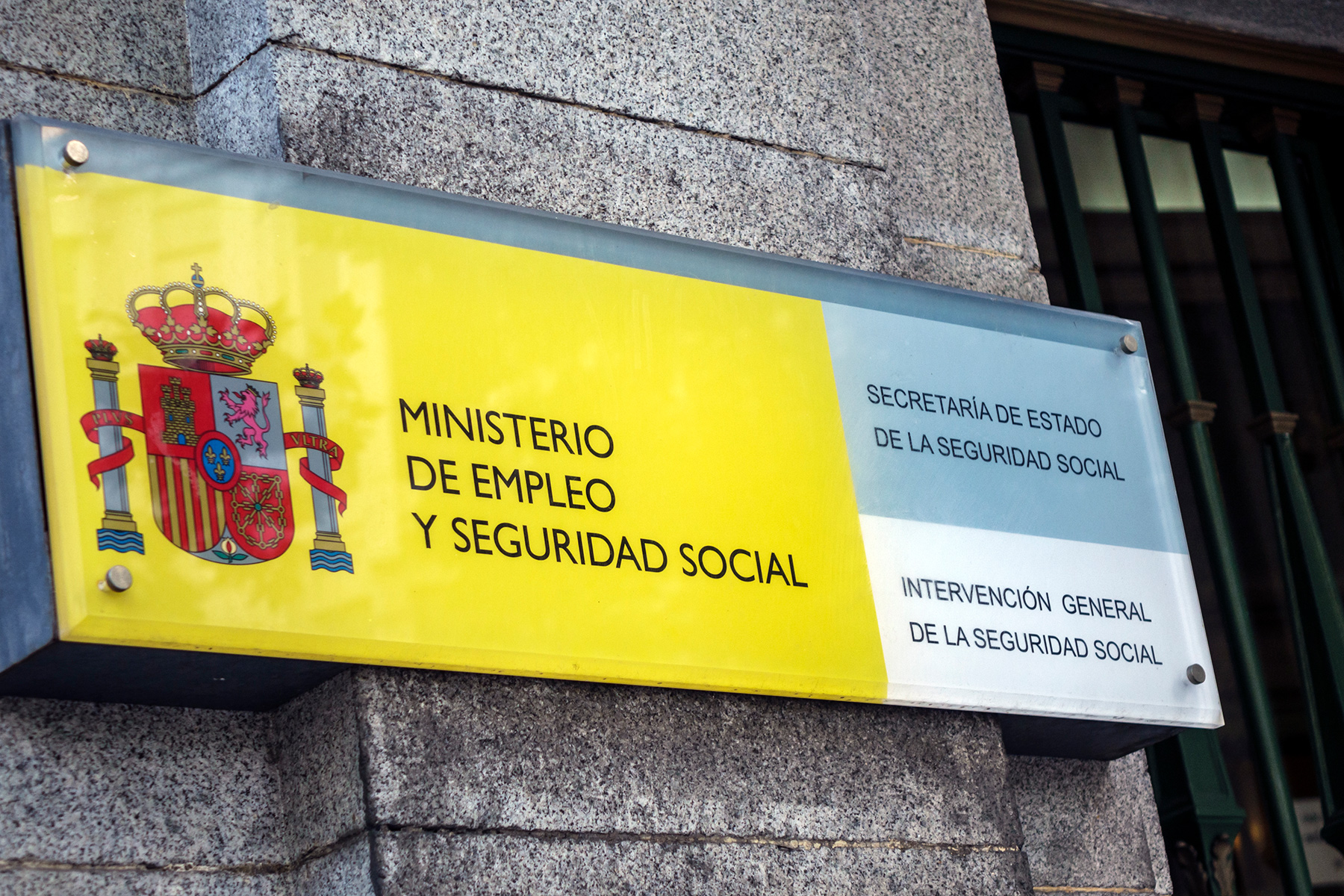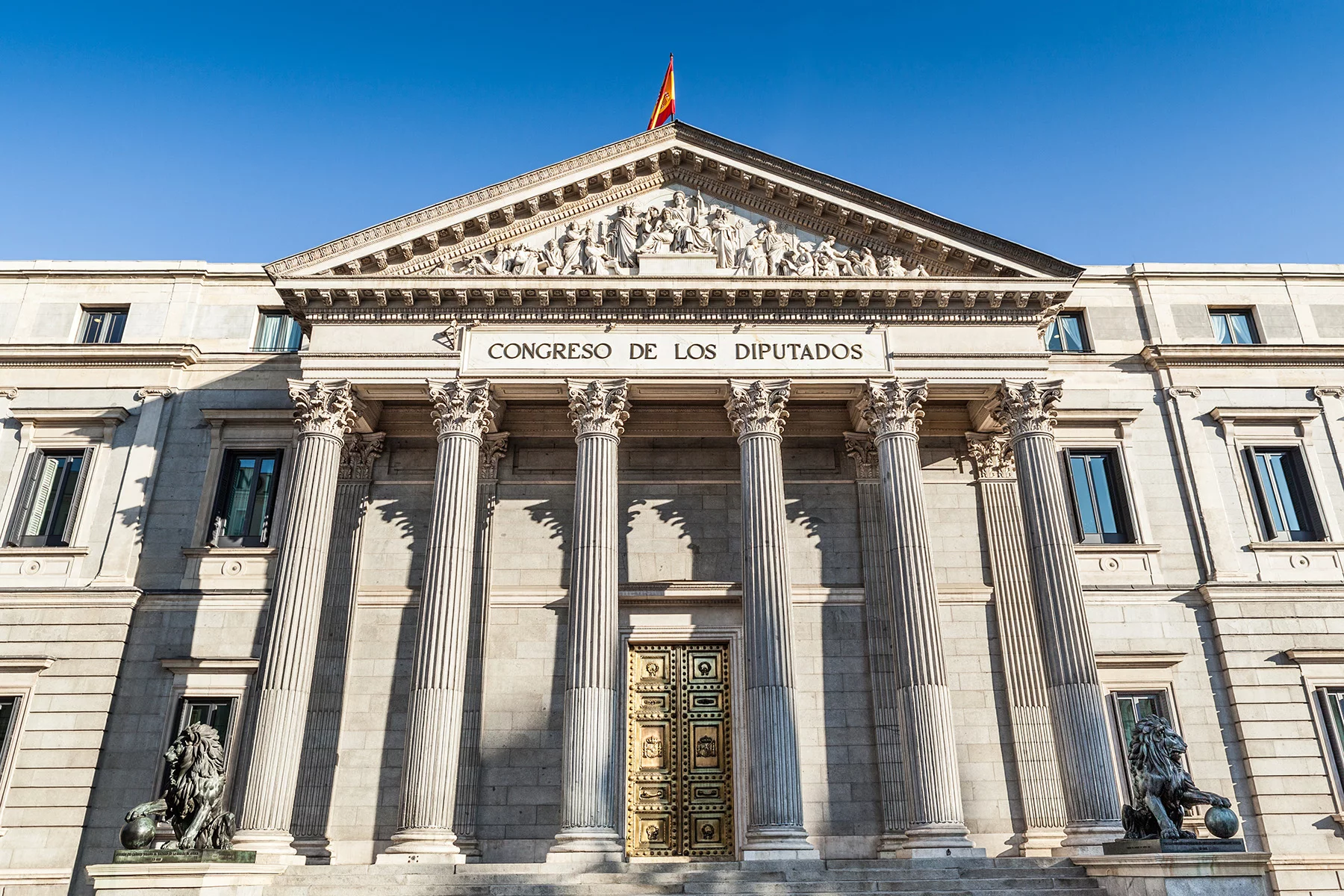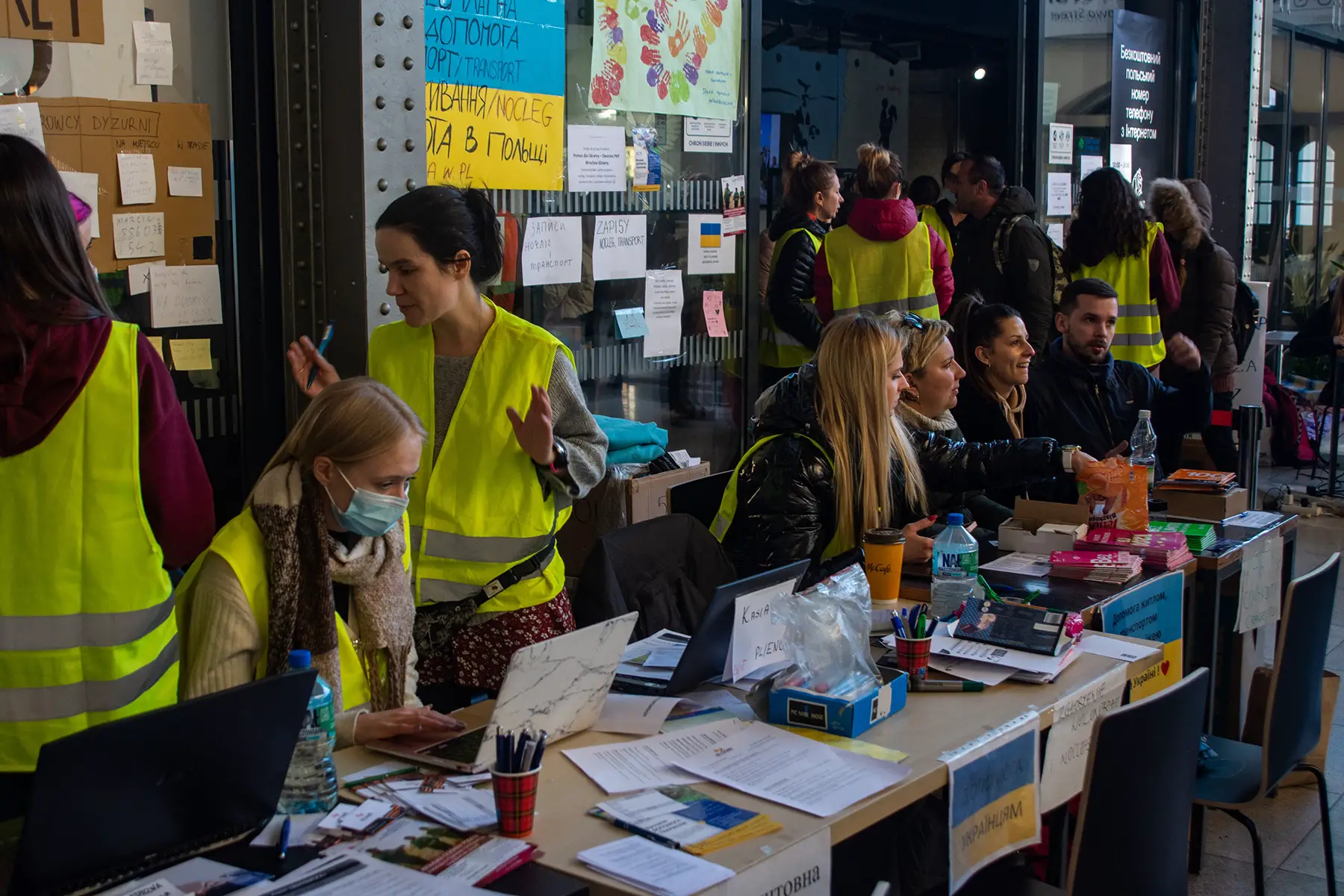When moving to Spain, you might be wondering what to expect regarding your personal freedoms, discrimination, and what to do if you experience a rights violation. Thankfully, Spain takes these issues seriously. The country’s government and political system guarantee freedom of expression and rights to housing, education, health, and a safe environment.
Spaniards are often perceived as open, friendly, and tolerant. However, the country’s strong regional identities and autonomous regional governments (Comunidades Autónomas) greatly influence individuals’ experiences and legal protections. This means some historically marginalized groups, such as Roma and refugees, continue to face prejudice and restrictions.
This article will delve into Spain’s human and civil rights by looking at the following:
- Overview of human and civil rights in Spain
- Civil rights in Spain
- Political rights in Spain
- Social and cultural rights
- Workers’ rights in Spain
- Women’s rights in Spain
- LGBTQ+ rights in Spain
- Disability and elderly rights in Spain
- Anti-racism and anti-discrimination in Spain
- Migrant and refugee rights in Spain
- What to do if your rights are abused or restricted in Spain
- Human rights organizations in Spain
- Useful resources
Ground News
Get every side of the story with Ground News, the biggest source for breaking news around the world. This news aggregator lets you compare reporting on the same stories. Use data-driven media bias ratings to uncover political leanings and get the full picture. Stay informed on stories that matter with Ground News.
Overview of human and civil rights in Spain
Although Spain currently scores well on human rights issues, this has not always been the case. The 1931 constitution was grounded in secularism and promoted women’s and workers’ rights, but the government that introduced it had many opponents. In the ensuing years came multiple uprisings, power shifts, and political upheaval, eventually developing into the Spanish Civil War.

Spanish Civil War and Francoist Spain
The Spanish Civil War lasted from 1936 until 1939. During this period, Spaniards suffered extreme violence and repression based on religion and political beliefs. Furthermore, when the Republican side surrendered, and General Francisco Franco took control of Spain, he imposed a dictatorship and ruled from 1939 until 1975.
Franco’s reign was characterized by mass executions of political opponents, widespread censorship, and the reversal of reforms that promoted women’s and workers’ rights. The Spanish government estimates that Francoist forces killed 114,000 civilians during the war and the dictatorship.
Rights in modern-day Spain
After Franco’s death, King Juan Carlos I helped usher in the current parliamentary system. Spain’s current constitution, sanctioned in 1978, guarantees broad rights and freedoms for all Spaniards and many protections for non-citizens. Spain conforms to the Universal Declaration of Human Rights of the United Nations (UN), which enshrines life, liberty, and security for all people. Its ministries for social rights (in Spanish) and equality (in Spanish) are represented at the top levels of government.
While the human rights situation in Spain has improved immeasurably since the time of Franco, there are still areas for improvement. For example, international observers have called out Spain’s failure to protect women’s safety and reproductive rights. In recent years, they have also decried a widespread lack of access to healthcare during the COVID-19 pandemic.
Other pertinent issues in Spain include excessive use of force by police on demonstrators, ill-treatment of prisoners, and poor conditions for asylum seekers.

Spanish foreign policy
Spain has ratified numerous United Nations treaties relating to human rights, including:
- International Convention on the Elimination of All Forms of Racial Discrimination (1968)
- The International Covenant on Civil and Political Rights (1977)
- Convention on the Elimination of All Forms of Discrimination against Women (1984)
- Convention on the Rights of the Child (2002)
- Convention on the Rights of Persons with Disabilities (2007)
The country joined the Council of Europe in 1977, is a participant State of the Organization for Security and Co-operation in Europe (OSCE), and is a member of the United Nations High Commissioner for Refugees (UNCHR).
Civil rights in Spain
Spain ranks 31st out of 165 countries in the Fraser Institute’s 2022 Human Freedom Index. This index measures freedom according to several personal and economic criteria. Spain scores particularly highly in the personal freedom ranking, especially in areas relating to security and safety, relationships, and association, assembly, and civil society. Anyone residing in Spain can enjoy most of these rights.
The constitution also highlights the protection of children and notes their rights guaranteed under international agreements. However, the UN urged the Spanish government to do more to protect children from domestic violence and sexual abuse by addressing biases against women in its courts and adopting a more gender-sensitive and child-centered approach.
Freedom of speech
Meanwhile, in Freedom House’s 2022 Freedom in the World ranking, Spain comes in at 11th out of 210 countries and territories. This ranking assesses political rights and civil liberties, including freedom of expression.
Spain achieves a top score in electoral processes and political pluralism but struggles slightly in the ranking for freedom of expression and belief. Although there is a free press, in recent years, private ownership has threatened media independence. In addition, journalists have been restricted from covering demonstrations and other ‘sensitive issues.’
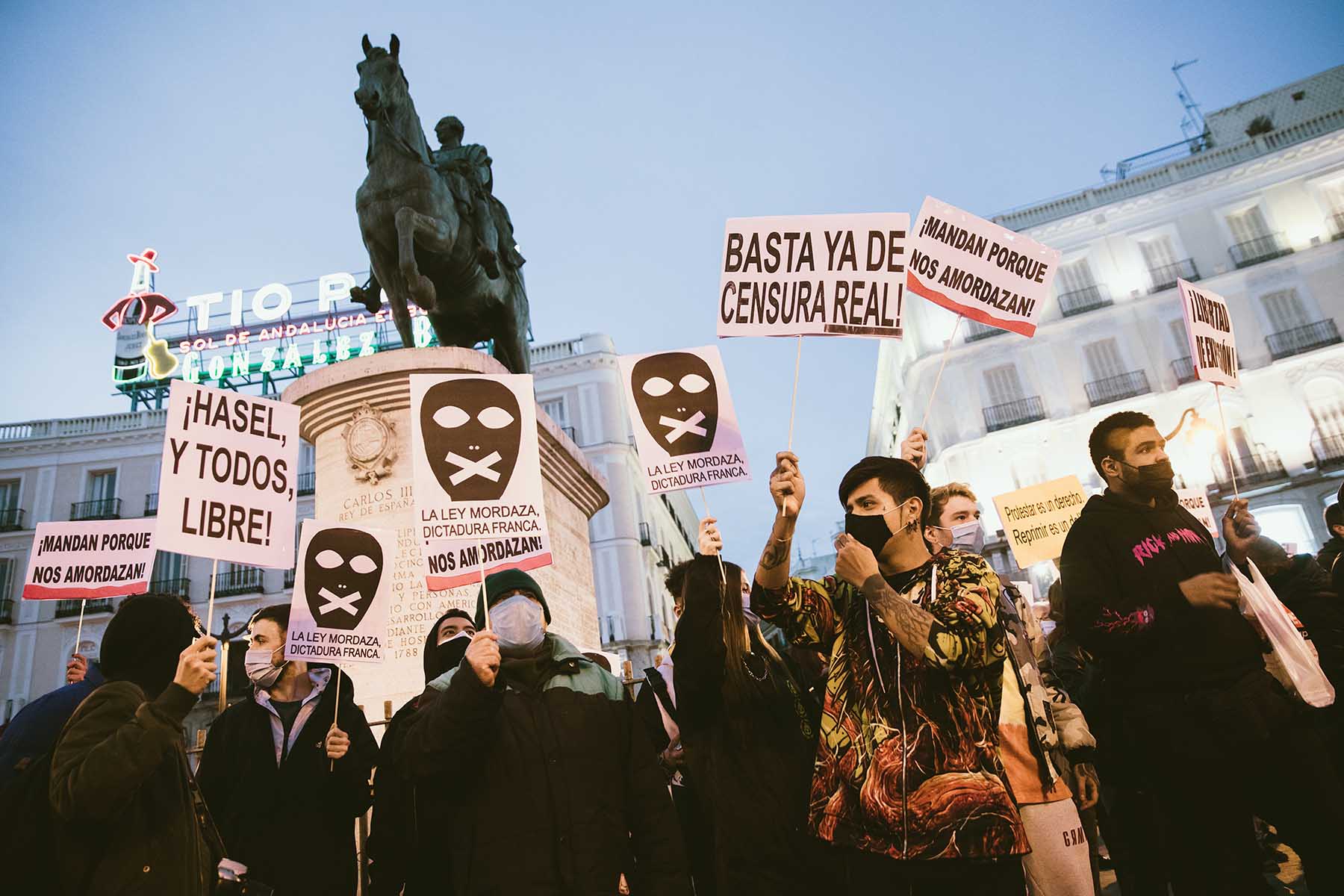
Furthermore, although people may speak openly in private, many have fallen victim to laws attempting to tackle the ‘glorification of terrorism.’ Social media users and performers have been prosecuted for insulting the monarchy and state institutions – one particularly high-profile case led to protests across the country, many of them turning violent.
Rights to a fair trial
Spain’s laws dictate that those arrested or accused of a crime receive timely communication about their rights and are not required to make a statement. They are also entitled to representation and appeal.
Worth noting is that the Spanish constitution enshrines the dignity of the person, conforming with the UN’s Universal Declaration of Human Rights. Furthermore, the constitution prohibits torture or inhumane treatment. The levels of criminal punishment vary by offense, but the justice system does not allow the death penalty. Furthermore, the International Commission against the Death Penalty (ICDP) was set up in Madrid in 2010.
Political rights in Spain
Only citizens can participate in voting and standing in general elections. It is possible to become a citizen if you want to take that route. However, EU citizens may vote in municipal and European elections. Third-country nationals, on the other hand, can only vote if Spain has a reciprocal agreement with their home country. For example, British citizens can take part in municipal elections.
Aside from voting, all Spanish residents can join political parties and assemble. While the constitution protects freedom of assembly, protestors have received fines and even suffered alleged police brutality during demonstrations.
Social and cultural rights
After emerging from the oppression of the decades-long authoritarian Franco regime, the new Spanish government established broad freedoms for its people. The human and civil rights written into the constitution (PDF) touch on every aspect of life in Spain. It also aims to ensure a dignified quality of life for all in Spain.
Spanish people have the right to practice their religions and enjoy the freedom of movement, assembly, and expression. The government generally respects these rights. The constitution also promises the rights to:
- Adequate housing
- Own property
- Education
- Health protection
- A safe environment
In addition, the constitution protects the cultures, traditions, and languages of Spain’s autonomous communities. As a result, there are several co-official and recognized languages across the country. However, some communities have varying degrees of separatist movements.
Workers’ rights in Spain
All have a “duty to work and the right to work,” according to the Spanish constitution. Therefore, labor laws in Spain are worker-friendly, and workplaces cannot discriminate on the basis of gender. In addition, workers may join trade unions, though no one can force them to do so. Employees also have the right to strike and collectively bargain.
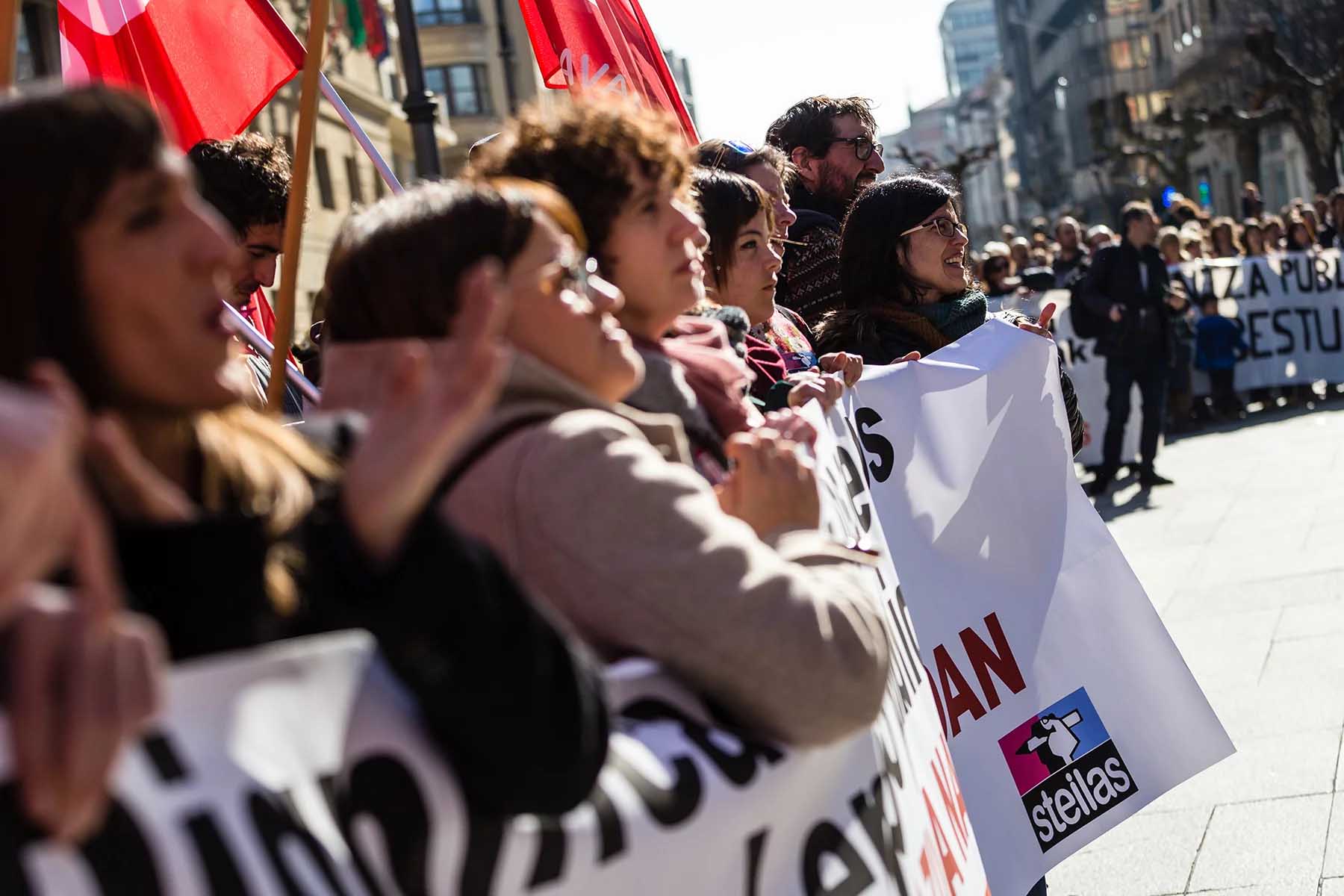
The requirement for a work visa depends on the applicant’s country of origin. Citizens from the EU, European Economic Area (EEA), and Switzerland can work in Spain without restriction. On the other hand, third-country nationals will usually need an employment contract before they may receive a work permit.
The government guarantees the safety of workers, from the limitation of working hours to the establishment of paid holidays. And, in cases of unemployment, Spain provides social security benefits. Spain also has a minimum wage that has increased in recent years to combat income inequality. Despite these positive developments, migrant workers still suffer from exploitation, including low pay and dangerous working conditions.
Women’s rights in Spain
Women’s rights in Spain have come a long way in the past few decades. Long associated with machismo and patriarchal values, Spanish institutions have enacted progressive policies and invested in anti-discrimination measures. In 2022, the country was 17th in the World Economic Forum’s rankings for gender parity, according to its Global Gender Gap Report (PDF).
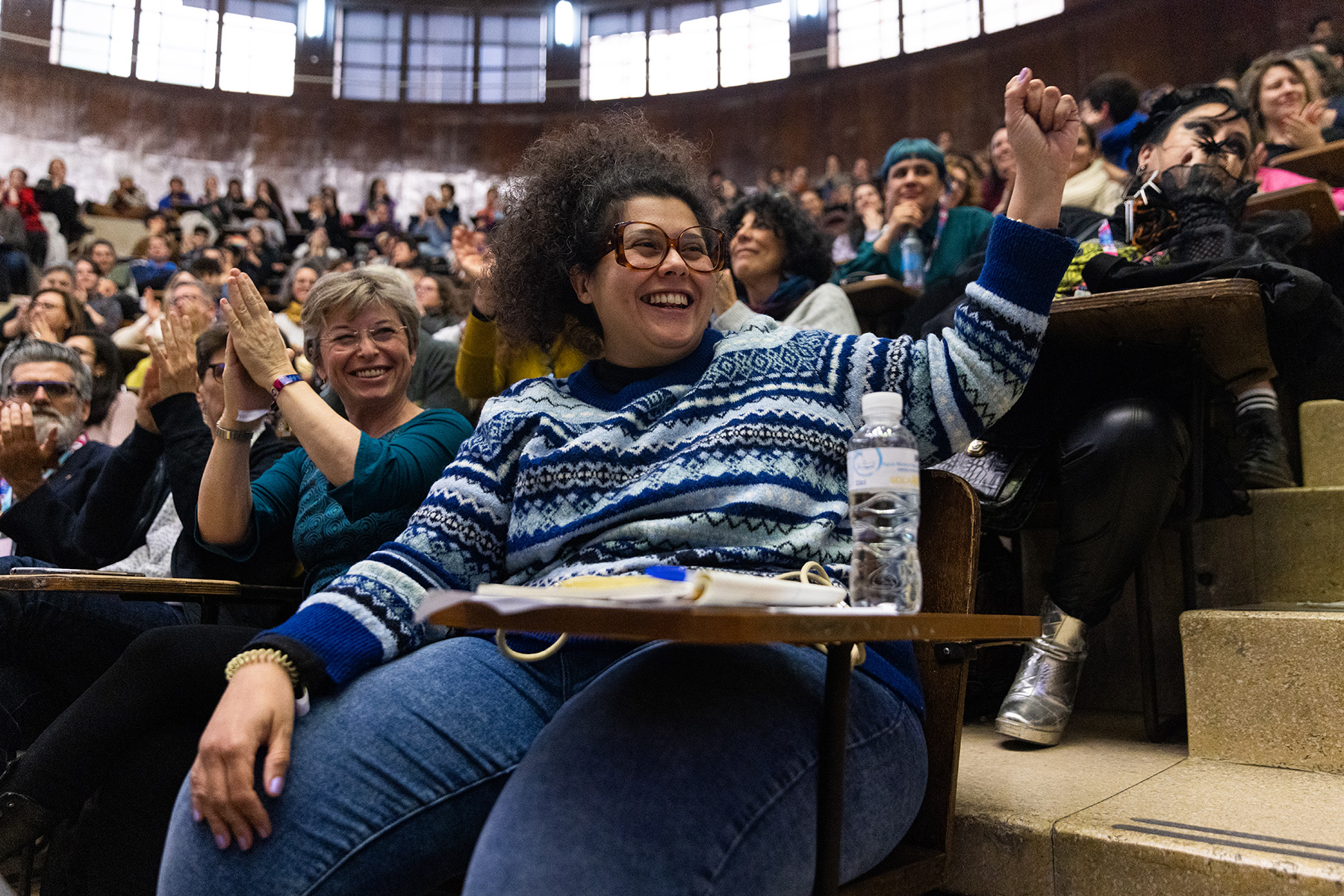
During the Franco regime, women were legally dependent on their husbands, fathers, or the state. So when Spain transitioned to democracy, feminists worked diligently to include women’s rights in the 1978 constitution. Since then, women have made great gains in healthcare, political representation, reproductive rights, and other areas. For example, in early 2023, Spain approved paid menstrual leave and abortion rights for 16- and 17-year-olds.
Still, inequities remain. Violence against women is an area of particular concern for human rights organizations. The Ministerio de Igualdad (Ministry for Equality – in Spanish) ensures equal treatment and opportunity for all, putting extra emphasis on women’s rights and safety. Spain’s president launched a strategic plan for equality intending to eradicate sex-based violence.
The Ministerio de Derechos Sociales y Agenda 2030 (Ministry for Social Rights and the 2030 Agenda – in Spanish) is tracking progress toward the UN’s 2030 Agenda for Sustainable Development. Its indicators include the reduction of inequalities, and it specifically calls out gender equality among its goals for health, education, and other measures of well-being.
LGBTQ+ rights in Spain
Spain has a reputation for being an LGBTQ+-friendly country, and the Ministerio de Igualdad has an office dedicated to LGTBQ+ rights and issues. Furthermore, most people support gay marriage and believe that LGBTQ+ people should have the same rights as heterosexual people, according to public polls.
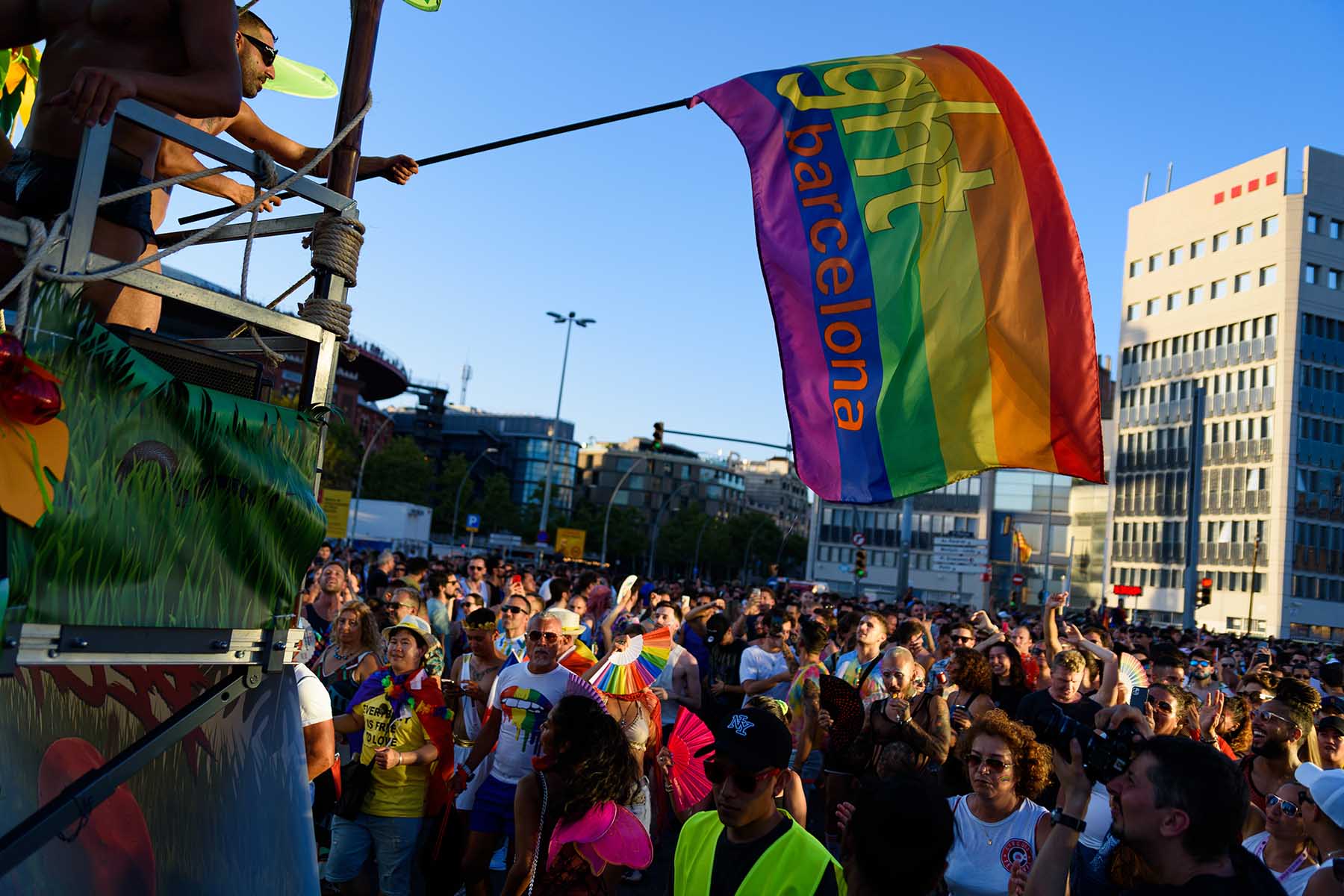
Historically, Spain restricted the legal rights of same-sex couples in Spain, and various regimes oppressed this sector of society until the late 1970s. But since then, Spain has legalized same-sex marriage, adoption for same-sex couples, and other rights. Since 2022, Spain has also allowed the self-determination of sex for transgender people.
Although LGBTQ+ rights are widely respected in Spain, there are still a few challenges. For example, most people perceive widespread discrimination relating to sexual orientation, being transgender, or being intersex. The law also does not yet recognize non-binary identities in official documents.
Disability and elderly rights in Spain
The government wants to fully integrate people with disabilities (gente con discapacidades) into Spanish society. It has a department dedicated to providing specialized care (in Spanish) and an office called Officina de Atención a la Discapacidad (Disability Assistance Office – OADIS, in Spanish) to investigate discrimination claims. In addition, the Spanish government continues to develop policies to ensure the rights of people with disabilities, including healthcare, education, and employment.
Through its Instituto de Mayores y Servicios Sociales (Institute for the Elderly and Social Services, in Spanish), Spain commits to financial support for senior citizens and social services to ensure their health and well-being.
Anti-racism and anti-discrimination in Spain
Spain’s constitution is clear in its intent to eliminate racial discrimination. Therefore, the Ministerio de Igualdad established the Dirección General para la Igualdad de trato y Diversidad Étnico Racial (General Directorate for Equal Treatment and Ethnic Racial Diversity) to work toward this goal. This directorate has several purposes, including:
- Working with the state administration and autonomous communities to ensure equal treatment and opportunities
- Preparing reports, studies, and statistics about diversity, inclusion, and discrimination
- Proposing special measures to protect national, ethnic, and religious groups facing intolerance and to guarantee their rights and freedoms
- Creating initiatives for social awareness of equal treatment and non-discrimination
There are some racial and ethnic groups, however, who have suffered discrimination, oppression, and violence from Spaniards and Spanish institutions.
Discrimination against the Roma community
The Roma (Gitanos) are an ethnic minority group with a centuries-long history of persecution in Spain. In recent decades, they have been targeted for welfare services and have gained some political power in the government. However, they still suffer discrimination, and many live in segregated, substandard settlements. Some regional governments have collaborated to improve their living conditions (in Spanish).
In 2022, Spanish lawmakers passed a proposal to strengthen the country’s anti-discrimination laws, calling out the Roma community’s situation specifically. The proposal also includes legal help for those who are victims of prejudice and would strengthen penalties for discriminatory crimes.
Migrant and refugee rights in Spain
Spain received around 110,150 new asylum applications in 2022, mostly from nationals of South American countries. Several thousand people arrive in Spain by boat each year from North Africa, a dangerous and sometimes deadly journey. In addition, the Council of Europe Commissioner for Human Rights stated that Spain needs to improve human rights for refugees, including in Melilla, where the only way to enter and apply for asylum is by risking one’s life by ‘swimming or jumping the fence.’
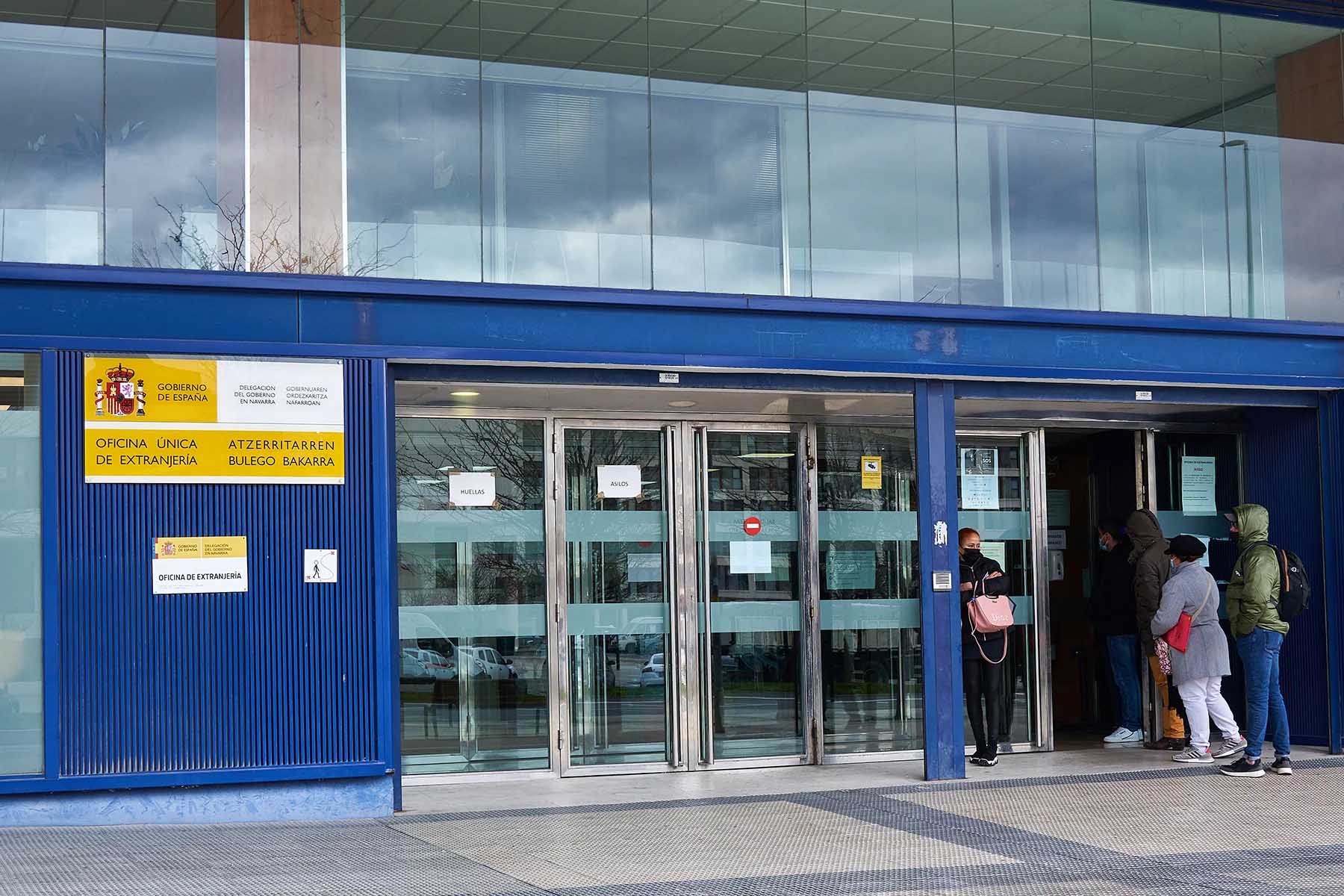
Once refugees reach Spain, they may request international protection at an Oficina de Asilo y Refugio (Asylum and Refuge Office, in Spanish). While applying for residence, refugees can receive legal assistance, medical care, and interpretation support.
Those granted asylum may access all of Spain’s social services and receive authorization to work. They may also reunite with their families. And all immigrants, regardless of their documentation status, may receive healthcare in Spain.
Still, refugees and asylum seekers face additional challenges in Spain. Access to rights and protections vary across Spain, and many people endure long waiting periods for identification, healthcare, and housing.
There are also issues relating to discrimination. For instance, surveys suggest that many in Spain have a negative view of immigration from Morocco, and there have been several racist attacks in recent years. The Spanish Council for the Elimination of Racial and Ethnic Discrimination (Consejo para la Eliminación de la Discriminación Racial o Étnica) suggests that this negative perception is provoked especially by fake news, certain political groups, and hate speech on social networks.
In recent years, migrant farmworkers, many of them from Africa, have also been subject to unsafe working conditions and exploitation, particularly during the COVID-19 pandemic.
What to do if your rights are abused or restricted in Spain
There are a few avenues to report abuses or restrictions of human or civil rights to the Spanish government. The Ministerio del Interior (Home Office) lists the appropriate offices and departments to contact about specific topics. When there is an immediate threat to safety, the Policía Nacional (National Police) can be the first point of contact.
If reaching out to the Spanish authorities does not resolve an issue, you can appeal to the European Court of Human Rights (ECHR). It accepts individual complaints in many languages on its website. The time limit to apply to the court is four months.
Human rights organizations in Spain
To keep tracking human rights issues in Spain, follow these organizations:
- Rights International Spain (RIS): A nongovernmental organization aiming to strengthen human rights accountability in Spain by monitoring government activity and raising awareness and support for justice
- United Nations Association of Spain (ANUE/UNA-Spain): A nongovernmental organization working to defend human rights and support the purposes of the United Nations
- Comisión Española de Ayuda al Refugiado (CEAR): A nonprofit that defends and promotes the human rights of people in need of international protection
- Federación Estatal de Lesbianas, Gais, Trans, Bisexuales, Intersexuales y más (FELGTB+): A nongovernmental organization made of a coalition of dozens of LGBTQ+ organizations that advocate for legal equality and respect
- Reporters Without Borders (RSF): An international nonprofit that informs the public and advocates for freedom of information
- Amnesty International (AI) and Human Rights Watch (HRW): Groups that track human rights issues and provide updates about violations and government actions
Useful resources
The following government agencies offer more information about human and civil rights in Spain:
- Ministerio de Igualdad (in Spanish) – Spanish ministry for equality
- Ministerio de Derechos Sociales y Agenda 2030 (in Spanish) – Social rights ministry working to support the missions of Agenda 2030
